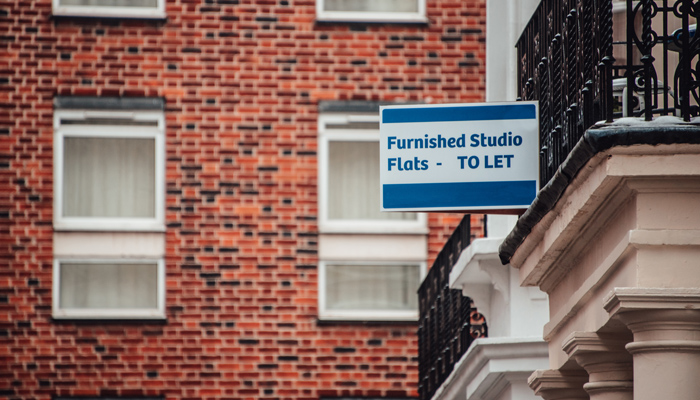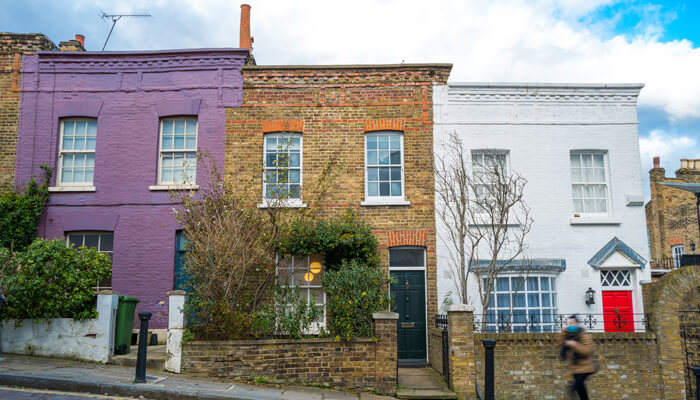What is a tenancy deposit protection scheme?
As a landlord, you look after the deposit of your tenant. Take a look at our guide to find out what is legally required and why a protection scheme is good for you and your tenants.
Landlords are legally required to hold tenants’ deposits in a government-approved tenancy deposit scheme. There are three schemes available to choose from:
These schemes are designed to help protect deposits and can also be used to help resolve disputes about deposits. They allow tenants to know where their deposits are being kept and how they are managed. Schemes are either custodial or insurance-backed:
-
Custodial - This is where the scheme itself holds the deposit during the tenancy.
-
Insurance-backed - This is when the landlord or agent holds the deposit during the tenancy, but must give it to the scheme at the end of the tenancy if there is a dispute.
How does the tenancy deposit protection scheme work?
Upon receiving the money you have 30 days to deposit the funds into a protection scheme. It important that you do not confuse the security budget and holding budget, as these are two separate payments and only the security deposit should be covered by the scheme.
What is the difference between a holding deposit and a security deposit?
The holding deposit is an amount of money that a tenant puts forward to show the landlord that they are interested seriously in the property. The landlord may only accept this money from the person they choose to rent to. It is typically taken off any other fees, such as the first month of rent, once it has been agreed that the person will move in.
A security deposit is the sum paid at the start of the tenancy. It is returned to the tenant at the end of the tenancy but the landlord may make deductions from it to pay for the repair of any damage done to the property. This is the money which is put into a tenancy deposit scheme.
What information is required with a tenancy deposit scheme?
As a landlord, you must also give your tenant the following information within 30 days of receiving their deposit:
-
The address of the property.
-
Confirmation of the amount of deposit received.
-
Details of the scheme being used, including contact details.
-
Your or your agent's contact details.
-
Contact details of the person who paid the deposit.
-
Stipulations around why the deposit may not be returned.
-
How to recover the deposit.
-
Instructions for your tenants should you be unavailable at the end of their tenancy.
-
Instructions on what to do should there be a dispute over the deposit.
Tenancy deposit protection rules
There are some exceptions to the rule when it comes to using a tenancy deposit protection scheme. You do not need to use a protection scheme if:
-
Your tenant lives with you (e.g. they are a lodger)
-
You have a pre-15 January 1989 regulated tenancy
-
The accommodation is a student hall of residence
If you use a letting agency and your tenant pays the deposit to them rather than to you it must still be put into a tenancy deposit protection scheme.
Penalties for breaking tenancy deposit scheme rules
If you do not protect the deposit of your tenants as required by law or you do not provide your tenant with information about the scheme within the 30-day period you could face penalties.
A court may order you to pay compensation of between one and three times the amount of the deposit. A breach of a tenancy deposit agreement can also mean that you are unable to evict a tenant as it could make a section 21 notice invalid. This type of breach may also mean that you must refund the tenant their deposit in full before you can evict them.
Landlord insurance
In order to protect your property it is worth investing in a dedicated landlord insurance policy which can cover you for a range of scenarios including loss of rent, DSS tenants, malicious damage and can also cover an entire property portfolio under a single policy. For more information visit our landlord insurance page or call a specialist adviser on 0344 346 0409.
Date: January 27, 2015
Category: Commercial Property












